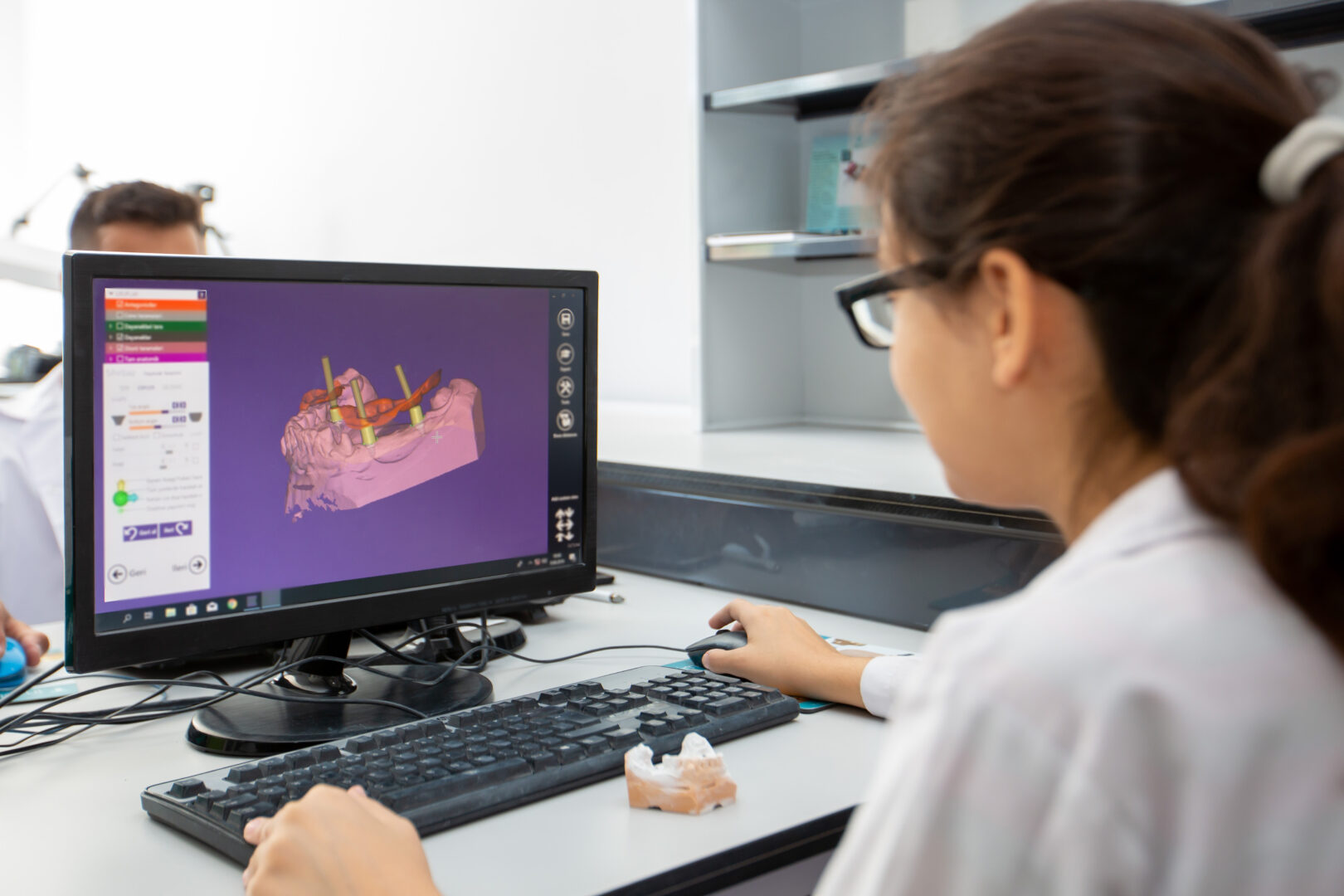What is the Success Rate for Dental Implants?
Dental implants have gained popularity as a reliable and effective solution for replacing missing teeth. One of the key factors contributing to their high success rate is how they are designed and integrated into the jawbone. Here's an explanation of how and why dental implants have a high success rate:
- Biocompatible Materials: Dental implants are typically made of biocompatible materials, most commonly titanium or titanium alloy. These materials are well-tolerated by the human body, which means they do not cause adverse reactions or immune responses when implanted. The biocompatibility of these materials promotes successful integration with the surrounding tissues.
- Osseointegration: Dental implants are designed to osseointegrate, which is the process of fusing with the jawbone. The implant consists of a titanium post surgically placed into the jawbone, acting as an artificial tooth root. Over time, the surrounding bone cells grow and adhere to the implant's surface, creating a strong and stable foundation. This integration between the implant and the bone ensures the implant's long-term stability.
- Surgical Technique and Experience: Dental implant placement requires high skill and expertise. Implant dentists undergo extensive training and possess in-depth knowledge of oral anatomy and surgical techniques. With proper surgical planning and execution, the implants can be precisely placed in the optimal position within the jawbone, maximizing the chances of success.
- Treatment Planning and Assessment: A comprehensive assessment of the patient's oral health is conducted before placing dental implants. This includes evaluating the quality and quantity of the jawbone, assessing the patient's overall health, and considering any pre-existing conditions that may affect the success of the implant. Adequate treatment planning ensures that patients are suitable for implants and helps minimize potential complications.
- Long-Term Maintenance and Oral Hygiene: Dental implants require regular maintenance and good oral hygiene practices to ensure long-term success. Patients are typically advised to brush and floss regularly, visit their dentist for routine check-ups, and undergo professional cleanings. Maintaining oral health around the implant area is crucial for preventing complications such as peri-implantitis, an inflammatory condition that can lead to implant failure.
- Advancements in Technology: Over the years, advancements in dental technology and techniques have contributed to the success of dental implants. Tools such as cone beam computed tomography (CBCT) allow for accurate 3D imaging of the jawbone, aiding in precise implant placement. Additionally, computer-aided design and computer-aided manufacturing (CAD/CAM) technologies have improved the fabrication of implant-supported restorations, ensuring better fit and aesthetics.
- High Success Rates: Dental implants have consistently shown high success rates in clinical studies. While success rates may vary depending on factors such as the patient's overall health, the implant's location, and the dental professional's experience, success rates exceeding 95% are commonly reported. These statistics highlight dental implants' reliability and long-term viability as a tooth replacement option.
In summary, the high success rate of dental implants can be attributed to their biocompatible materials, the process of osseointegration, the expertise of implant dentists, comprehensive treatment planning, proper maintenance, technological advancements, and the overall predictability of the treatment. These factors combine to make dental implants a reliable and successful solution for replacing missing teeth.






